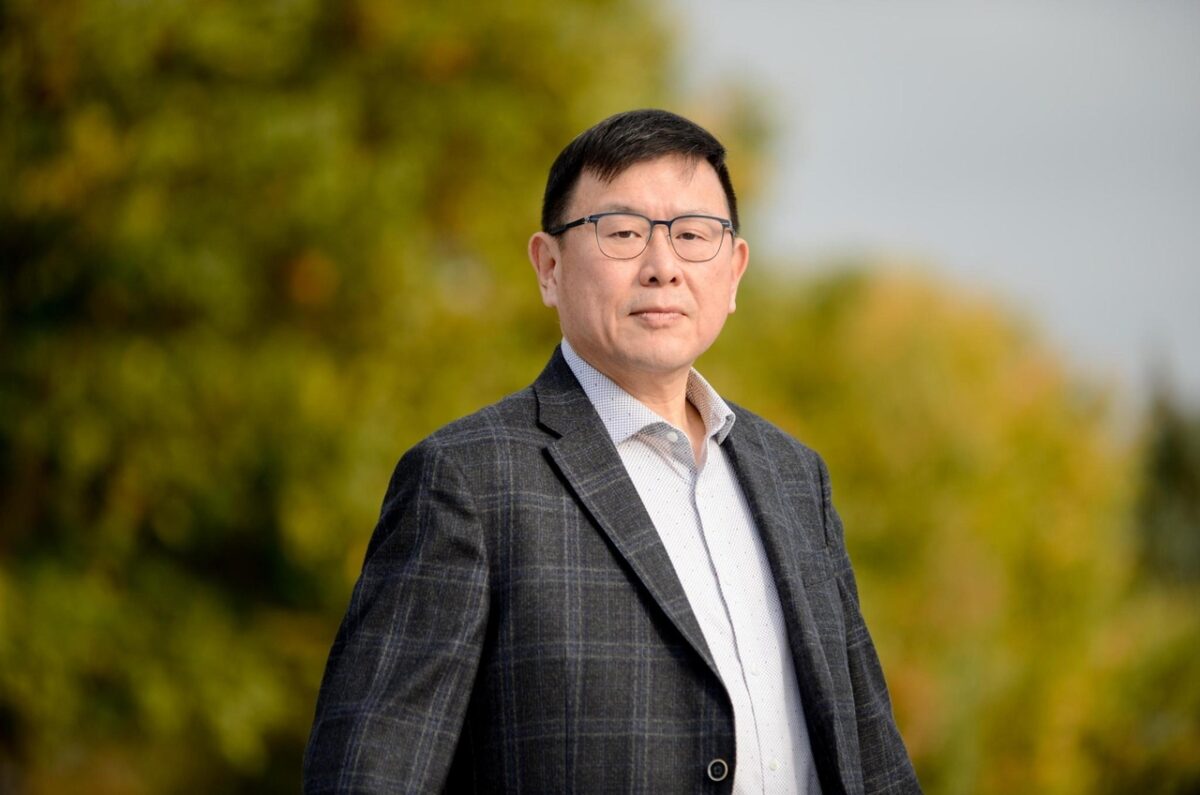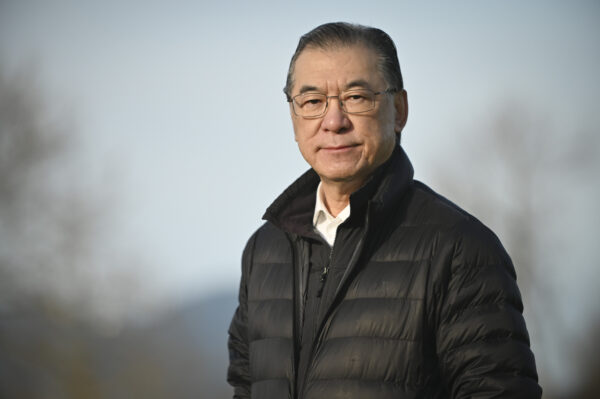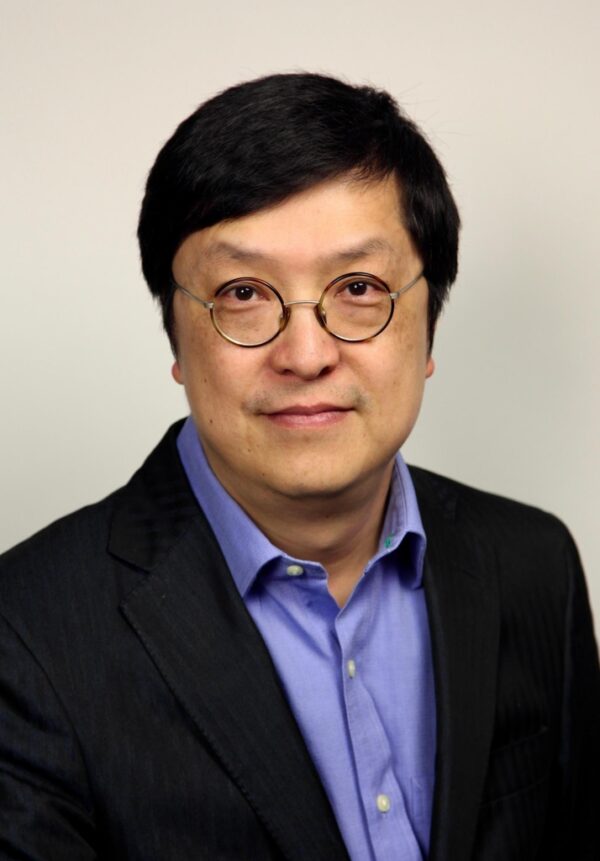


Former Conservative MP Kenny Chiu says he and others with different political convictions in B.C.’s Asian community are all united in one aim: to end Beijing’s interference in Canada.
Sharing an article on Twitter from the Chinese edition of The Epoch Times—which featured interviews from himself, as well as Hong Kong commentator Gabriel Yiu and Civic Education Society Canada President Ken Tung—Chiu pointed to past positions from the three of them on partisan politics in Canada, and what unites them all today.
“For past decades the 3 of us vigorously debated in GVRD [Greater Vancouver Regional District] Chinese media w/ our political conviction of Conservative, NDP (Gabriel Yiu) & Liberal (Ken Tung),” Chiu said in a post on March 4.
“Today, we are united in one voice – we MUST stop #CCPChina’s interference in our home.”
Recent media reports citing leaks from intelligence officials have shown the Chinese Communist Party’s vast interference attempts into Canada’s elections.
Chiu told the Chinese edition of The Epoch Times that the Chinese regime has set up extensive infiltration operations in Canada to serve Beijing’s interests.
“The CCP, or other countries that have ambitions for Canada, understand that they are engaged in an asymmetric game or war—whether it is a propaganda war or an information war, or what we now know—infiltration in an open, transparent, and democratic political system,” Chiu said.
Tung also echoed Chiu’s comment, saying Canada was an “easy target” of Beijing and that it’s necessary to immediately pass new legislation while reviewing existing ones to “prevent infiltration by foreign forces, especially China, which has been actively infiltrating Canada.”
Allegations of China’s interference stemmed from a series of reports by the Globe and Mail and the Global News, based on information from the Canadian Security Intelligence Service (CSIS), which illustrated how an influence network involving the Chinese consulate, local associations, and even some Chinese students were employed to elect Beijing-friendly candidates.
Chiu, who lost his seat in the B.C. riding of Steveston-Richmond East in the 2021 election, was reportedly a victim of a disinformation campaign set up by pro-Beijing groups. Chiu has pushed for the establishment of a foreign agent registry, which he said would compel such individuals working on behalf of a foreign entity to register their activities with the government, thus increasing transparency and accountability.
Chiu previously introduced the Foreign Influence Registry Act, also known as Bill C-282. He says the Liberal government should work to pass the latest version of the legislation, Bill S-237, introduced by Senator Leo Housakos in February 2022.
“Leo Housakos’ [bill] has been sidelined in the Senate, no one’s giving it attention. This is a pity,” Chiu said in Cantonese. “This also gives foreign powers, those ambitious states, the impression that Canada is weak among Western democracies.”
Kenneth Tung echoed Chiu’s comment when asked what the government should do in response to the series of reports by the Globe based on leaked top-secret documents from CSIS.
“There is a public outcry for proposing legislation that requires foreign agents to be registered,” Tung told The Epoch Times. “This is very important to prevent some spies and infiltration activities in the country.”
“This [legislation] is clearly overdue, and there’s no need to wait any longer. Both the ruling and the opposition parties have proposed it.”
Gabriel Yiu, who moved to Canada in the early 1990s from Hong Kong, also agreed with the need to set up a foreign agent registry. But he said that other existing legal tools could also be implemented to fight foreign influence, such as prosecuting individuals who made illegal contributions to certain candidates favoured by Beijing.
Global News reported last November that China provided illegal funding to 11 candidates in the 2019 election, while a recent Globe report said Chinese diplomats encouraged some donors to contribute to certain candidates who later illegally receive part of the contribution back from political campaigns, according to national security sources.
Josie Yang contributed to this report


